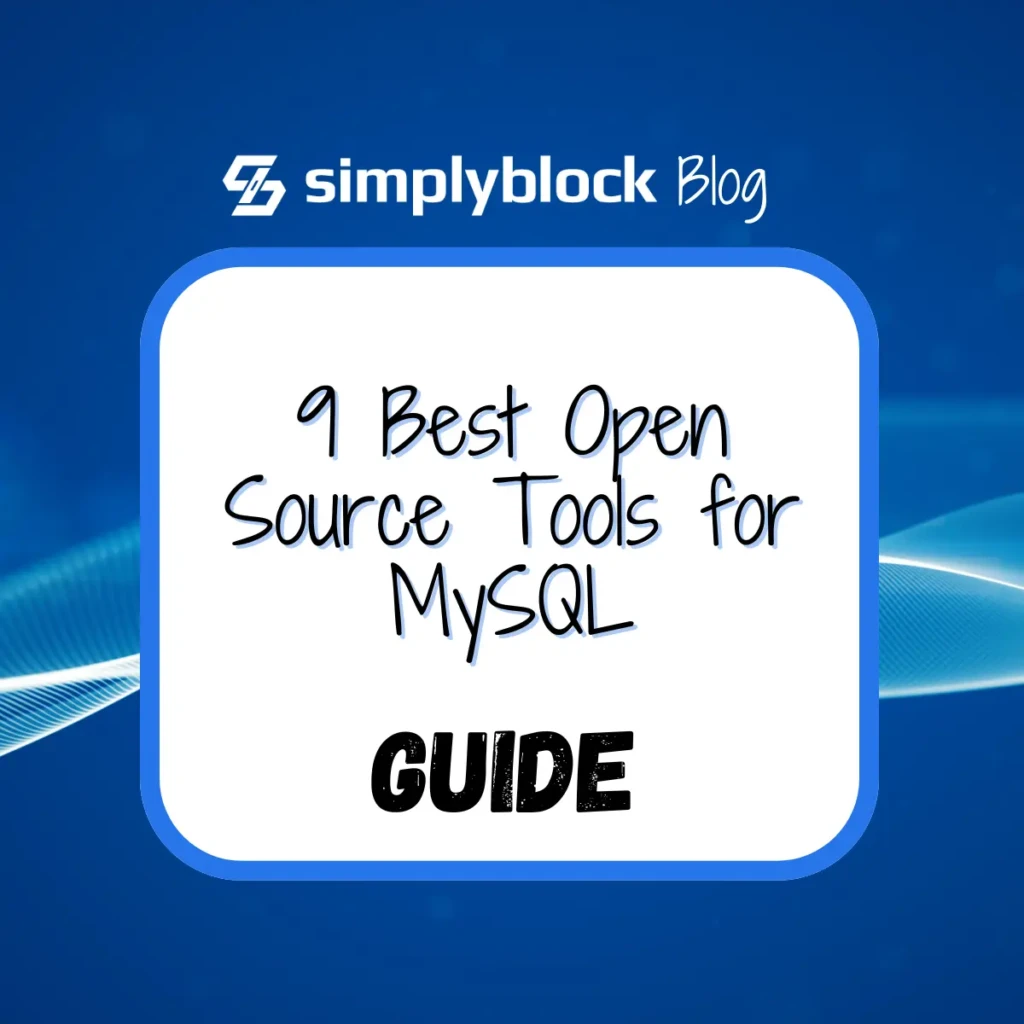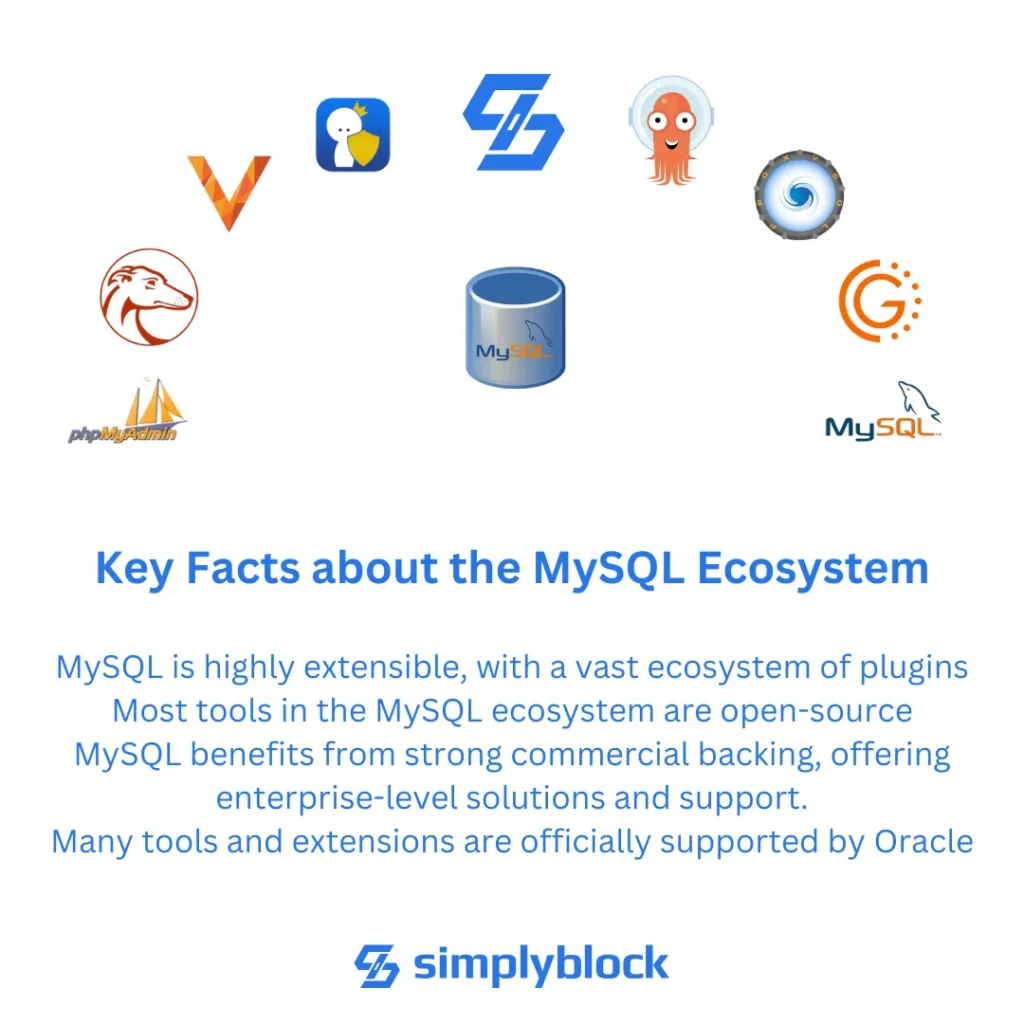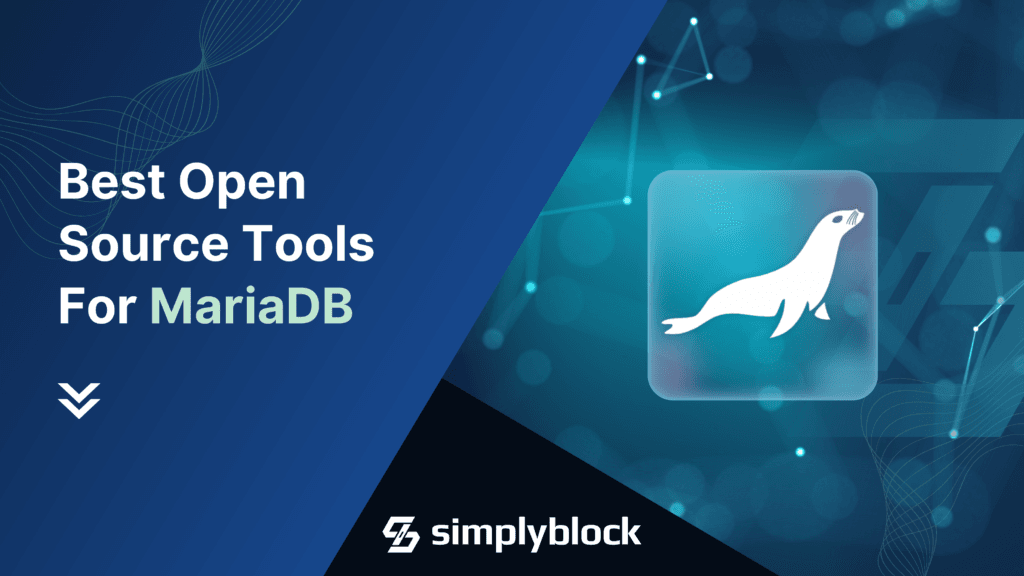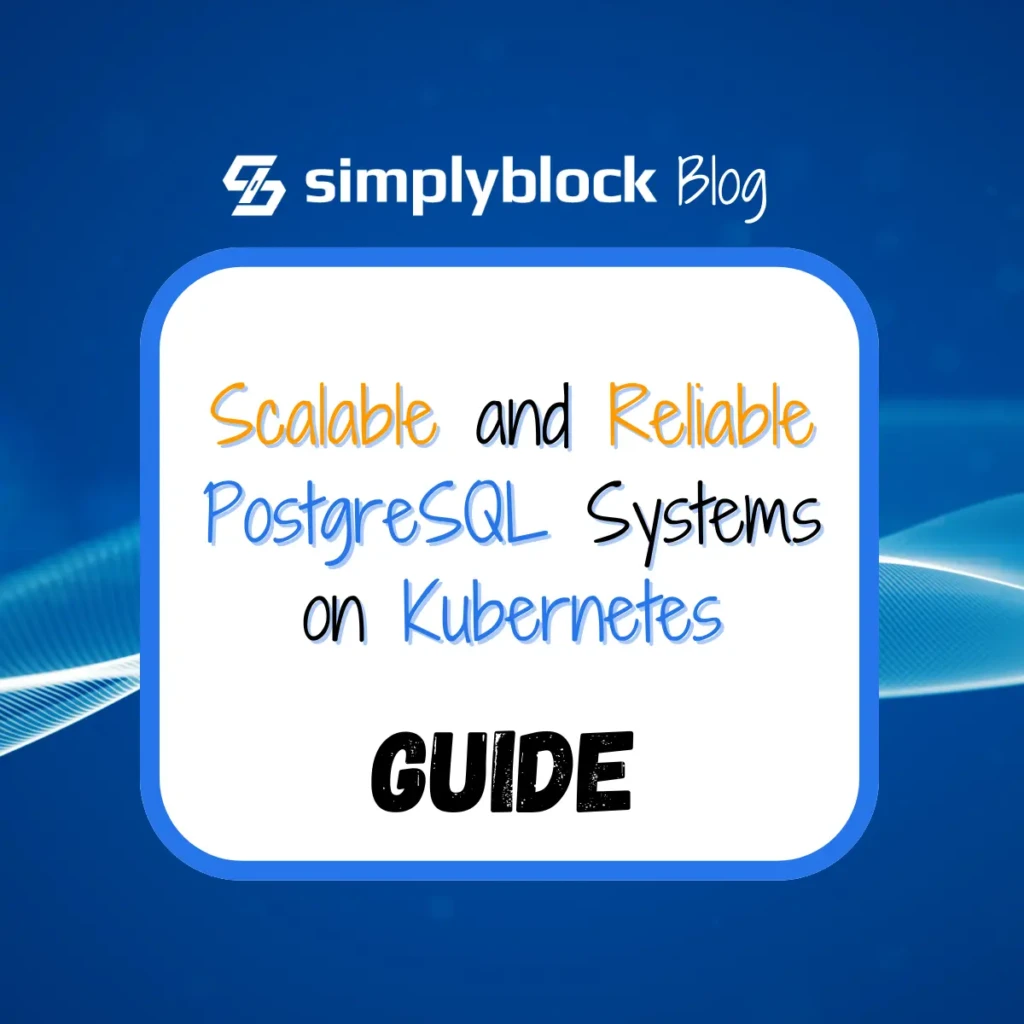
What are the best open-source tools for your MySQL setup?
MySQL is an open-source relational database management system (RDBMS) that’s used to store and manage data. Its reliability, performance, scalability, and ease of use make MySQL a popular choice for developers. In fact, you’ll find it at the heart of demanding, high-traffic applications such as Facebook, Netflix, Uber, Airbnb, Shopify, and Booking.com.
As MySQL remains a popular choice for many organizations and developers, the demand for reliable and effective open-source tools has grown. Database administrators and developers are constantly seeking tools that can help them manage their MySQL databases more effectively.
In this post, we will explore nine must-know open-source tools that can help you optimize your MySQL environment.
1. phpMyAdmin
phpMyAdmin is one of the most widely used open-source tools for managing MySQL databases through a web interface. It simplifies database administration tasks such as creating, modifying, and deleting databases, tables, and records. With phpMyAdmin, you can also run queries, manage user permissions, and import/export data, making it an essential tool for MySQL management.
2. MySQL Workbench
MySQL Workbench is a unified visual tool for database architects, developers, and DBAs. It provides data modeling, SQL development, and comprehensive administration tools for server configuration, user administration, and backup. MySQL Workbench is invaluable for designing and managing complex databases with its intuitive graphical interface and robust feature set.
3. Percona Toolkit
Percona Toolkit is a collection of advanced command-line tools for managing and optimizing MySQL databases. It includes utilities for tasks such as checking data integrity, detecting replication errors, and analyzing query performance. Percona Toolkit is essential for DBAs who need to ensure the health and performance of their MySQL databases.
Digging into bottlenecks is half the battle — Simplyblock ensures they’re fixed at the root, especially when storage is the silent culprit.
4. ProxySQL
ProxySQL is an advanced high-performance proxy for MySQL. It helps in load balancing, query routing, and improving the performance and reliability of MySQL clusters. ProxySQL sits between your application and the database, providing a powerful layer of control over how queries are executed, which can significantly improve the scalability of your MySQL infrastructure.
All that routing power means little if storage can’t keep up. Simplyblock ensures your disk performance doesn’t become the next bottleneck.
5. Mytop
Mytop is a real-time command-line monitoring tool for MySQL, providing insights into database performance by displaying queries currently running on the server. It helps DBAs monitor and troubleshoot performance issues by showing information such as query execution time, locks, and query origin. Mytop is particularly useful for identifying slow queries and optimizing overall database performance.
6. Anemometer
Anemometer is an open-source tool used for tracking and visualizing slow queries logged by MySQL. It helps in identifying performance bottlenecks by analyzing slow query logs, making it easier to optimize queries and improve database performance. Anemometer is particularly useful in environments where query performance is critical to application success.
Not all slow queries are written poorly — sometimes, it’s just slow disks. Simplyblock helps you fix that where it truly starts.
7. Vitess
Vitess is a database clustering system for horizontal scaling of MySQL. It is designed to run very large MySQL instances efficiently and provides features like sharding, connection pooling, and distributed transactions. Vitess is an excellent choice for scaling MySQL databases while maintaining high availability and performance.
8. Orchestrator
Orchestrator is an open-source MySQL high-availability and replication management tool. It allows DBAs to manage complex MySQL replication topologies, including failovers, topology changes, and replication health monitoring. Orchestrator is essential for ensuring the availability and resilience of your MySQL clusters.
Replication speed matters in critical moments. Simplyblock helps the Orchestrator keep lag low and storage management simple during failovers.
9. Galera Cluster
Galera Cluster is an open-source solution for multi-master replication with MySQL, providing synchronous replication and high availability. It ensures that changes made on any node are immediately applied to all other nodes, maintaining data consistency across the cluster. Galera Cluster is ideal for applications that require high availability and fault tolerance.
For synchronous clusters like Galera, every millisecond counts. Simplyblock keeps replication fast and consistent at the storage layer, sometimes even eliminating it altogether.

Why Choose simplyblock for MySQL?
While MySQL provides robust data management capabilities, optimizing storage performance and ensuring efficient management of InnoDB files and binary logs is crucial. This is where simplyblock’s intelligent storage optimization creates unique value:
Optimized MySQL Storage Management
Simplyblock enhances MySQL’s storage efficiency through sophisticated volume management. Using thin provisioning and automatic tiering, simplyblock optimizes storage utilization for InnoDB tablespaces and binary logs.
The platform separates storage volumes based on I/O patterns – providing ultra-low latency NVMe storage for binary logs to ensure fast commit times, while automatically moving less active tablespaces to cost-effective object storage (like Amazon S3). This is particularly valuable for organizations managing large InnoDB tables or maintaining extensive binary log histories for point-in-time recovery.
MySQL Replication Enhancement
Simplyblock streamlines MySQL’s replication architecture through its unified storage approach. The platform’s multi-attach capabilities and NVMe over TCP protocol ensure minimal replication lag while simplifying storage management across primary and replica instances.
Rather than managing separate EBS volumes for each replica, simplyblock’s storage pooling provides efficient resource utilization while maintaining data consistency. This architecture particularly benefits organizations running complex replication topologies or using tools like Orchestrator for automated failover management.
Enterprise-Grade Data Protection
Simplyblock strengthens MySQL’s disaster recovery capabilities through advanced backup and replication features. The platform’s ability to create consistent snapshots across multiple volumes ensures that backups maintain referential integrity across database instances, particularly crucial for sharded environments.
By streaming binary logs to S3, simplyblock provides near-zero RPO disaster recovery without impacting database performance. This approach is especially valuable for organizations requiring rapid recovery capabilities while maintaining strict data consistency across their MySQL infrastructure, significantly enhancing native backup capabilities while reducing operational complexity.
How to Optimize MySQL Storage with Open-source Tools
This guide explored nine essential open-source tools for MySQL, from phpMyAdmin’s web interface to Galera Cluster’s replication capabilities. While these tools excel at different aspects – Percona Toolkit for optimization, ProxySQL for load balancing, and Orchestrator for high availability – proper implementation is crucial. Tools like Mytop enable performance monitoring, while Vitess provides scalability solutions. Each tool offers unique approaches to managing and optimizing MySQL deployments.
Simplyblock complements these tools by ensuring your storage infrastructure is just as efficient and resilient as your database architecture.
If you’re looking to further streamline your MySQL operations, simplyblock offers comprehensive solutions that integrate seamlessly with these tools, helping you get the most out of your MySQL environment.
Ready to take your PostgreSQL management to the next level? Contact simplyblock today to learn how we can help you simplify and enhance your PostgreSQL journey.
Questions and Answers
The top open-source tools for MySQL include Helm for Kubernetes deployments, Percona Toolkit for query tuning, PMM for monitoring, and Orchestrator for replication management. Combined with a Kubernetes-native storage solution, they create a powerful MySQL stack.
Yes, MySQL can run reliably on Kubernetes using Helm charts, Operators, and CSI-based storage. Tools like Simplyblock ensure persistent, high-performance storage with NVMe-over-TCP and automated provisioning.
Use Percona Monitoring and Management (PMM), Prometheus, and Grafana to monitor MySQL metrics, query performance, and system health. Add EBS usage visibility for better storage cost control if you’re running on AWS.
For low-latency and high-throughput MySQL workloads, NVMe-over-TCP is ideal. Simplyblock delivers this via a CSI-compatible layer that also includes features like snapshots, encryption, and replication.
Simplyblock enhances MySQL performance by offering NVMe-powered block storage with dynamic provisioning, encryption at rest, and replication—all built for modern Kubernetes and cloud-native environments.




